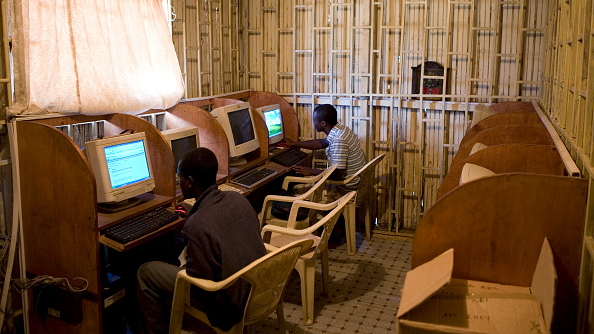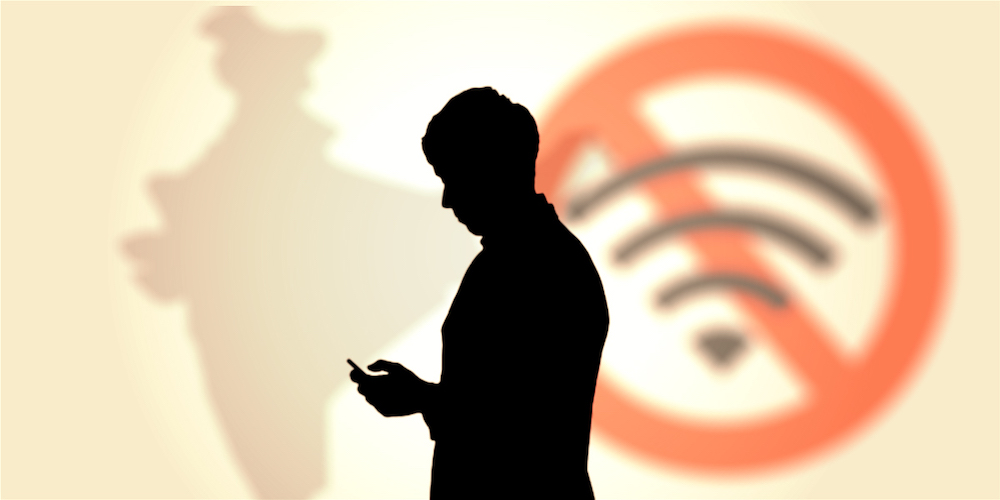Only 55% of the African population has access to the Internet, report

A report by online privacy and protection firm Sufshark has revealed huge discrepancies between internet access and speeds in developing countries and the developed world.
The internet divide study, which is based on data from the annual Digital Wellbeing Index (DQL 2022) reveals only about 55% of the African population has access to the internet. This varies greatly from Oceania countries, where 85% of the population can access the internet. The Oceania region is considered as one with the most affordable internet.
“As of 2022, the internet in Africa is 83% less affordable than in Oceania and the gap between these two regions keeps expanding each year.” the report says.
The study further says that lower-income countries, such as most African countries have to work three times more than higher countries for 1GB of mobile internet, yet still get internet speeds that are three times slower.
“In many of these countries, the internet is so slow that not even video calls are possible. Such internet inequality, combined with today’s inflation rates and political uncertainties, is taking Africans on a downward spiral of economic hardship.” The report says in part.
Surfshark’s Lead Researcher Agneska Sablovskaja says that those who can’t access the internet are cut off from digital opportunities. This is more prevalent in lower-income countries.
In lower-income countries, the report observes, people have to work approximately eleven minutes more to afford 1GB of mobile internet which is still 49 Mbps slower than what people in higher-income countries experience.
People in higher-income countries work for only 6 minutes to afford 1GB of mobile internet which has speeds of 75 mbps. On the other hand, those in lower-income countries have to work for approximately 17 minutes for 1GB of mobile data which is only 26mps.
Similar discrepancies are witnessed on broadband internet, although it’s reportedly faster than mobile internet.
Whereas people in higher-income countries work 4 hours for broadband internet with 117.8 Mbps, those in lower-income countries work 12 hours for broadband internet with 34.4 Mbps.
“In higher-income countries, broadband internet tends to be much faster than mobile. But in lower-income countries, broadband internet is just 34 Mbps on average — barely any faster than mobile.”
From the survey, South Africa fares the best in Africa in internet accessibility, with the most affordable and highest-quality internet. This confirms the findings of a recent survey conducted by Ookla, which placed MTN South Africa as the provider with the fastest internet speeds across the continent.
Follow us on Telegram, Twitter, and Facebook, or subscribe to our weekly newsletter to ensure you don’t miss out on any future updates. Send tips to info@techtrendske.co.ke


